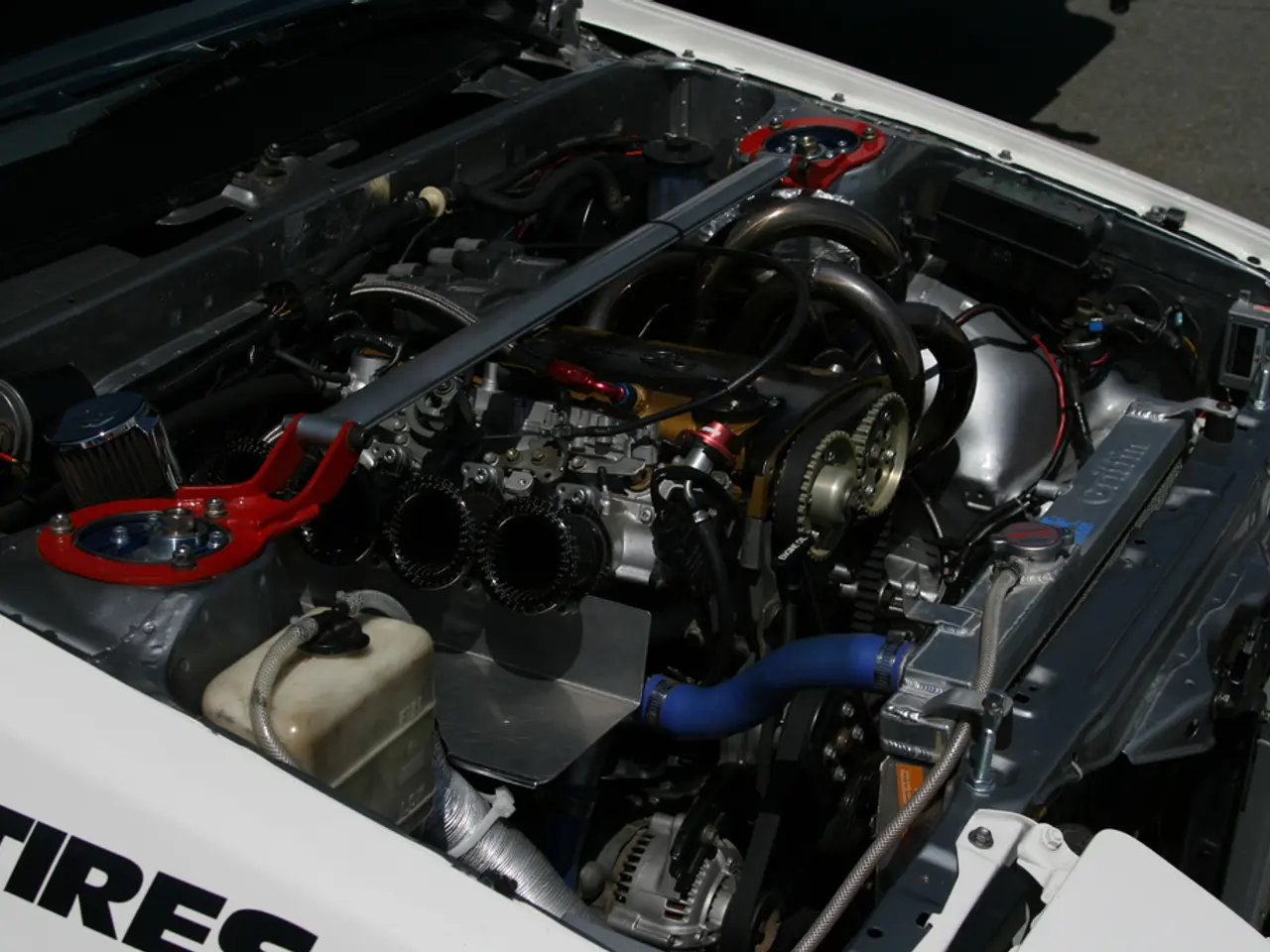Guide on Selecting the Ideal Lithium Battery for Your Inverter
In the realm of renewable energy, making the right choice when it comes to batteries is crucial for an efficient and reliable solar backup or hybrid energy system. Here's a guide to help you navigate the process.
Modern lithium batteries, such as LiFePO4, are a popular choice for inverter-based systems. Their consistent voltage output, extended cycle life, lightweight design, and improved depth of discharge make them an attractive option. However, it's essential to ensure the battery you choose falls within your inverter's supported voltage range, which is typically 12V, 24V, or 48V systems.
When selecting a battery, capacity is a key factor. Adequate backup duration is crucial, and this is measured in ampere-hours (Ah) or kilowatt-hours (kWh). For small home solar backup systems, a 100Ah wall-mounted battery may suffice for powering lights and small appliances during outages. On the other hand, stackable lithium batteries are preferred for off-grid cabins or hybrid homes, as they allow for scalable storage to support larger loads and longer autonomy.
Load requirements, meaning the total wattage and peak power demands of the appliances you wish to support, also play a significant role. Space-saving batteries with Bluetooth monitoring and compact designs, such as those found in RV and mobile systems, are ideal for easy access and flexibility. Stack-mounted batteries, designed for scalable energy needs, are best suited for off-grid cabins, commercial installations, or systems where capacity can be expanded over time.
Size and weight are also crucial considerations. Lithium batteries provide higher energy density, reducing space needs and making them suitable for residential or small-space installations. Wall-mounted batteries are ideal for such settings, while stack-mounted batteries are more appropriate for larger installations or systems with scalable energy needs.
Safety is another vital factor. Proper ventilation and safety arrangements should be ensured since batteries can generate heat. System compatibility with solar panels and inverters, especially in hybrid setups, is also important.
Careful load analysis and incorporating safety margins in capacity sizing help optimize performance and reliability. Factoring in warranty, expected cycle life, and performance specs is important when selecting a battery to ensure long-term reliability.
Investing in the right battery will pay off in performance, safety, and long-term savings, regardless of whether you're installing a solar power system at home or upgrading the power supply in your RV. With the right battery, your system will run safely and efficiently for years, providing you with the energy independence you seek.
In summary, prioritize matching capacity and voltage, confirm inverter compatibility, assess your load and peak power needs, prefer lithium batteries for their efficiency, longevity, and compactness, and consider total cost and maintenance to select the best battery for your solar backup or hybrid system.
In the realm of home-and-garden technology, efficient and compact space-saving batteries, such as those found in RV and mobile systems, are ideal for people who prioritize easy access and flexibility in their lifestyle. For larger homes or off-grid living, stackable lithium batteries may be preferred to support scalable storage and larger loads.
Properly selected batteries can contribute significantly to one's lifestyle, offering performance, safety, and long-term savings in both home and recreational settings. Be it a solar power system at home or power supply in an RV, the right battery will ensure a safe and efficient energy supply for years, granting the sought-after energy independence.



